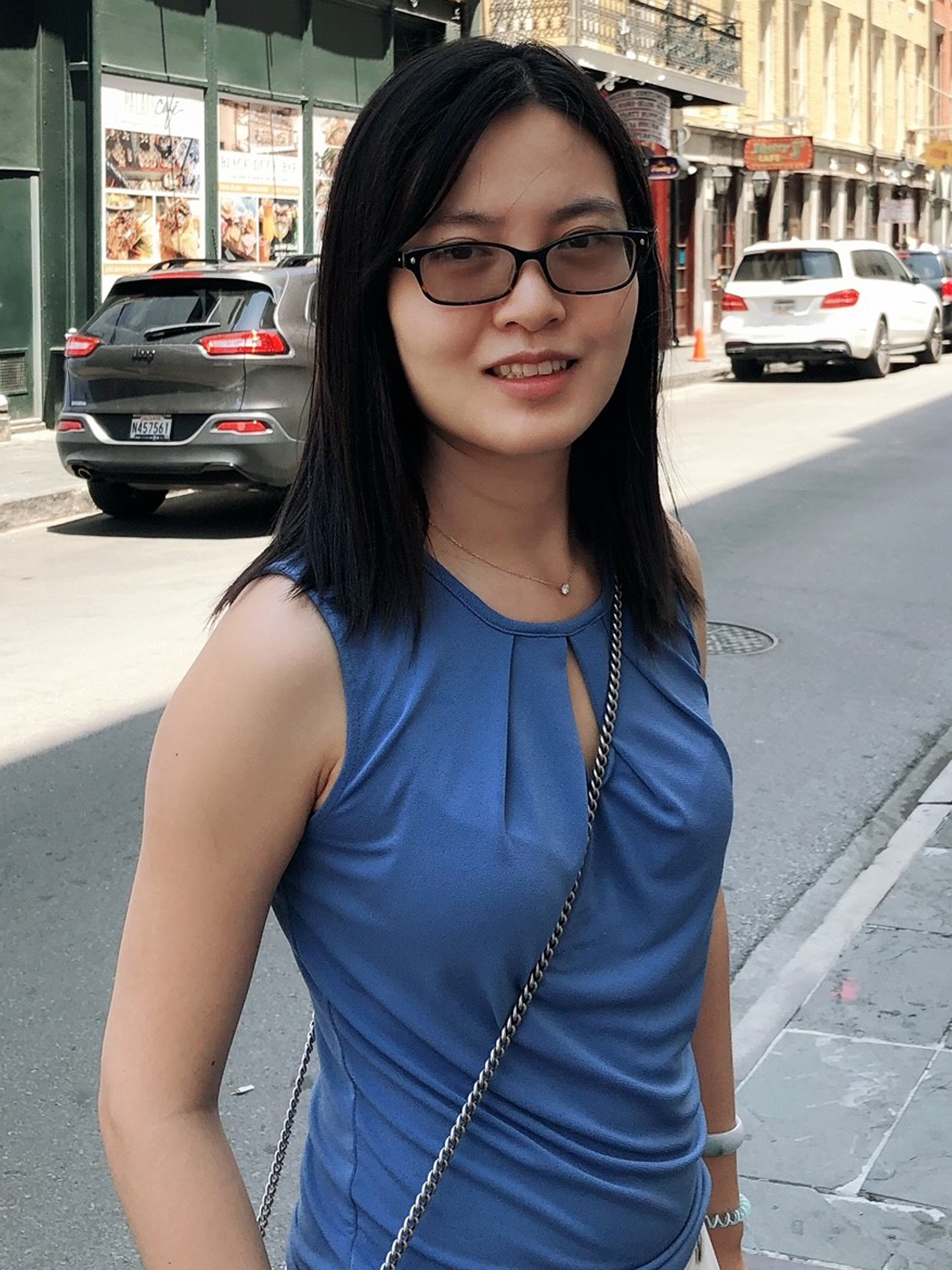
With a PhD Degree in Complex Network, I work for the Largest Social Network Company.
Once or twice a month, I come to the fancy Meta office at Bellevue, WA. Today I am in the office. On the other side of the screen are my team members who work from home. Meta has been very supportive of letting his employees choose where they want to work. I am now more used to these remote meetings than face-to-face meetings. After I clicked the “leave meeting” button on the zoom page, the fancy Facebook friendship social network visualization graph popped up on the big screen. It’s a default desktop background. Everytime I see this graph, I feel I belong here.
I am very familiar with this picture and used to look line-by-line into the codes that generated it. In fact, this fascinating graph was one of the reasons that motivated me to pursue complex networks as my PhD research area. My undergraduate background was in physics: I went to Tsinghua University and completed my BS degree in Physics in 2010 before being accepted to Northwestern University that same year. Between 2010 to 2016, I finished my PhD degree at the Physics Department, Northwestern University. After that, I spent one more year working as a Postdoctoral Researcher. In 2017, I made a decision to transit from academia to industry and joined Facebook (now Meta) in 2018.
Joining Meta is one of the best choices I have ever made. My personality fits the company culture so well: moving fast, being direct, and taking responsibilities. After joining Meta, I worked for a team focusing on developing machine learning algorithms in order to deliver users more relevant Ads. Last year, Meta published a vision on the next generation of digital advertising that leverage Privacy Enhancing Technologies (PET). (What Are Privacy-Enhancing Technologies (PETs) and How Will They Apply to Ads? | Meta). The PETs is a portfolio of techniques Meta we might use to build ad personalization and measurement solutions in the future.
Our team focuses on part of the PET technique development. Most of our team members have PhD degrees, with diverse backgrounds ranging from statistics to computer science. Everyday I can learn new technical skills via daily tech discussion with them. Working in this team is also very exciting. Our team is responsible for not only generating innovative research ideas, but also for extending research ideas to matured techniques that can handle real-world large-scale ML tasks.

After working in our team for over four years, I realize that the gaps between academia and industry are not as big as I once thought. Some pivotal skill sets that I developed in graduate school turned out to be particularly useful in my industrial position. Here I would like to share them for those who have concerns on how to make the academia to industry transition.
- Being a fast learner. During my graduate school time, I dived deeply in several areas other than physics, such as statistics and machine learning, to enrich my research experience. For example, in my Science article (science.aan3184) that studied the cascading failure in networks, I used Kolmogorov-Smirnov test to verify a hypothesis that network cascade size discussion does not depend sensitively on the size of the initial perturbation. Whereas in my current work of ads recommendation, I need to study new knowledge such as differential privacy, and the state-of-the-art machine learning techniques such as cross-domain learning and self supervised learning. As industry usually emphasizes moving fast and failing fast culture, the challenge is how to digest and try out different techniques in a much faster manner, compared to my PhD time.
- Scientific Writing. My PhD advisor held a very high-bar on writing quality. I have learnt how to compose a good research story, in a concise and accurate way. These skills help me in daily work. Tech design doc is a common way that engineers communicate techniques and solicit feedback. With my graduate school training, I can write the design doc with accurate experiment design, enough details for reproducibility, and a clear message to communicate the business impact. My writing skills have helped me earn more trust from engineer peers and brought more visibility to broad audiences in my org.
- Presentation Skills. When I studied at Northwestern University, I leveraged the various professional development programs to train my communication skills. I learned how to deliver complex research in a clear and engaging manner. These skills have also been transferred to my daily work. For example, when I present our team’s work in leadership review meetings, I know how to tailor the presentation contents to deliver the key business message and at the same time keep the right amount of technical details to reflect work innovation and technical depths.
Working in industry has some challenges that I didn’t meet in graduate school. For example, I need to switch from an interest-driven mindset to an impact-driven mindset. This is a double-edged sword: on one hand, I have to force myself to prioritize my bandwidth based on the business needs of the team; on the other hand, I also learnt how to manage my time more effectively so I can still reserve myself some bandwidth to work on the projects that interest me the most.
Looking back on my experience, I was very fortunate to choose complex networks as my PhD research area, an area that I was and am still very passionate about. Now working in the largest social network company, I feel fortunate to be able to participate in the privacy enhancing ML technology development. How will my work contribute to the next-era digital advertising world? Time will tell.